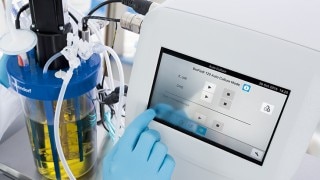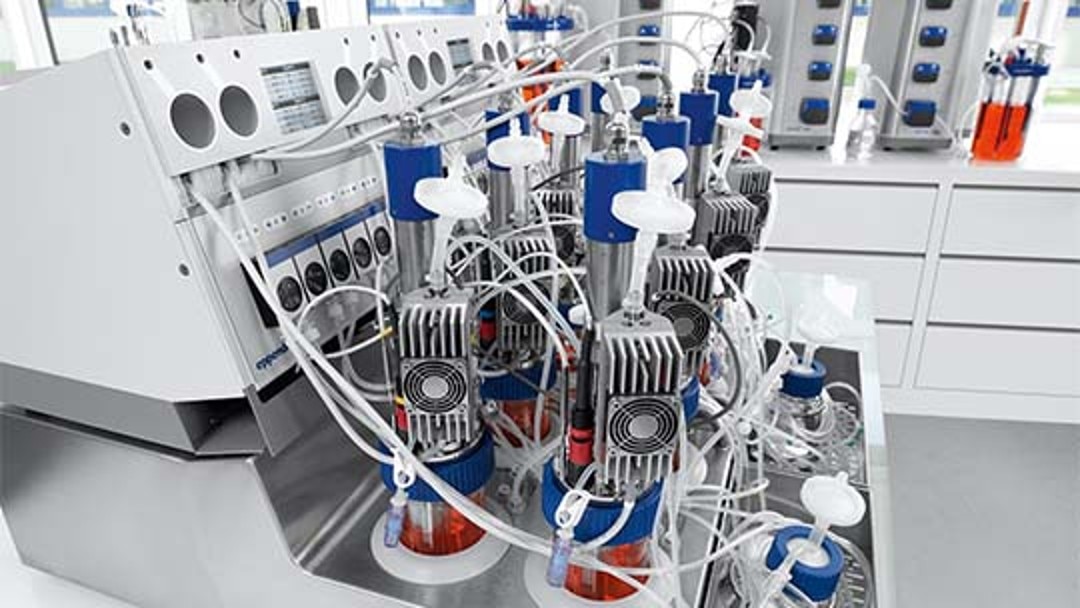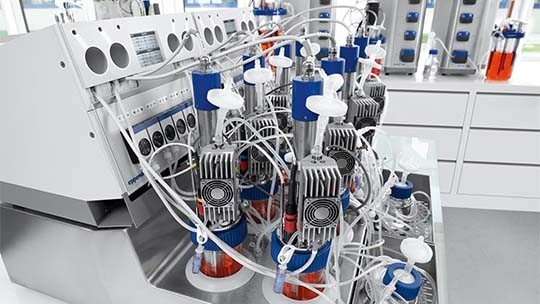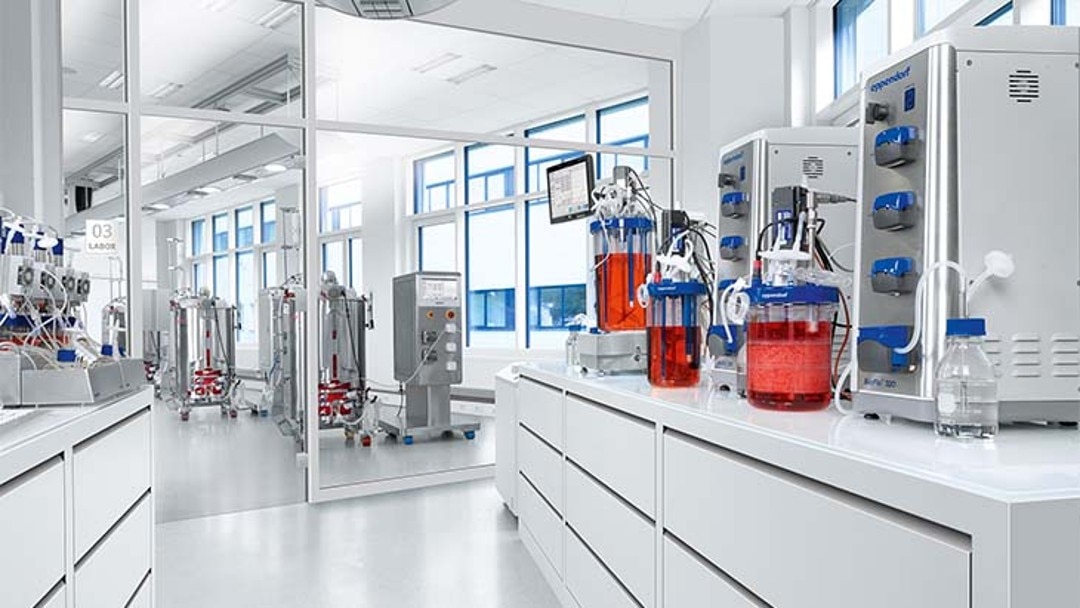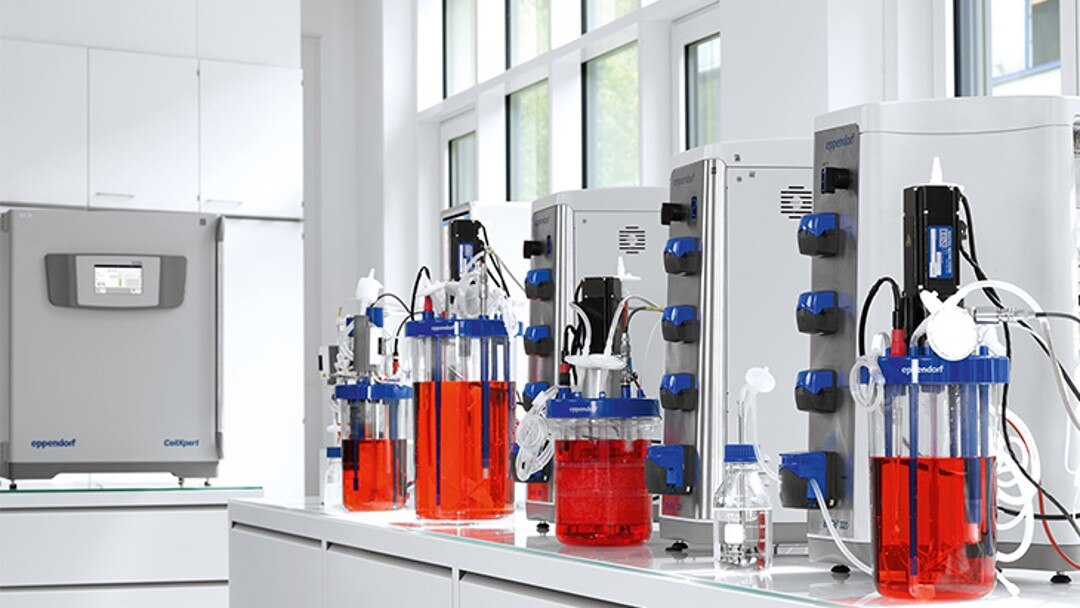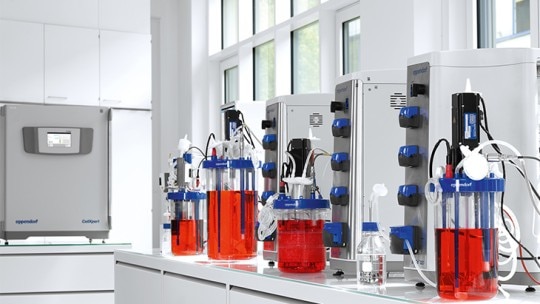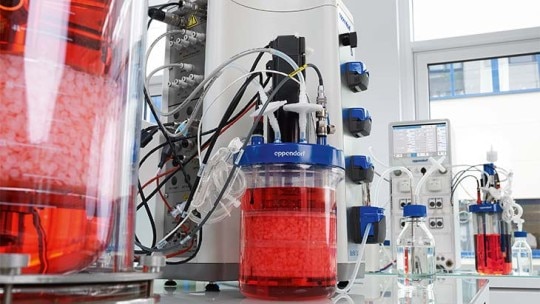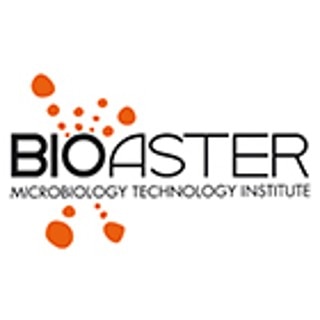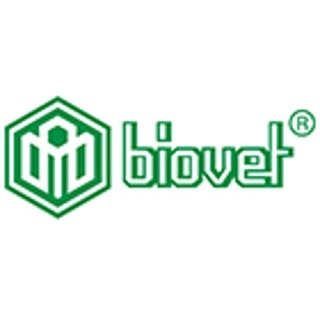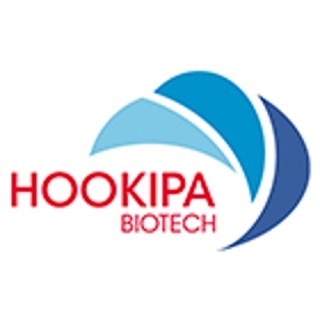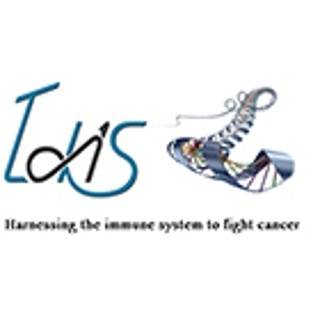Regarding suitability of Eppendorf bioprocess equipment in GMP-regulated applications, please reach out to your Eppendorf sales representative.
Bioprocessing in Vaccine Development
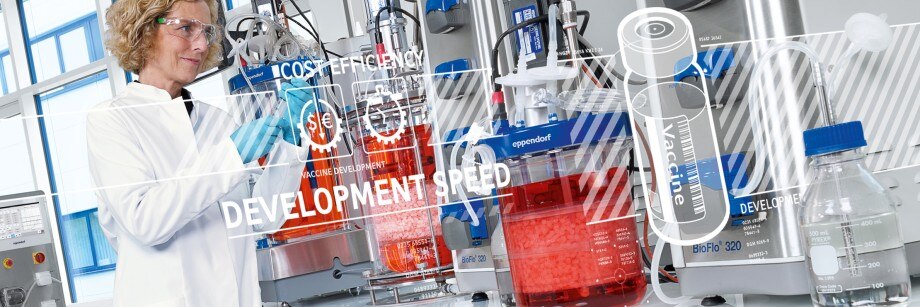
Types of vaccines
Read more
Read less
Read more about the different vaccine types
- Live attenuated vaccines that use a weakened (attenuated) version of the pathogen e.g., the measles, mumps, rubella (MMR) vaccine
- Inactivated vaccines that use an altered or killed version of the pathogen that cannot replicate e.g., rabies vaccine
- Subunit vaccines and toxoid vaccines that use protein, polysaccharide, or the pathogen capside.g., hepatitis B vaccine
- DNA and RNA vaccines that use DNA or RNA that codes for antigens from the pathogen, e.g., some COVID-19 vaccines
Read more
Read less
Read more
Read less
Read about the advantages of bioreactors for vaccine production
Read more
Read less
Read more
Read less
Read more
Read less
Discover more advantages of vaccine development using mammalian cells

Get to know more about approaches and trends in vaccine development production
Infographic: Vaccine development workflow
The vaccine development journey involves several stages, from selecting lead candidates to process development, and manufacturing. Gain a better understanding of the vaccine development workflow, and learn about the problems and potential solutions of each stage.
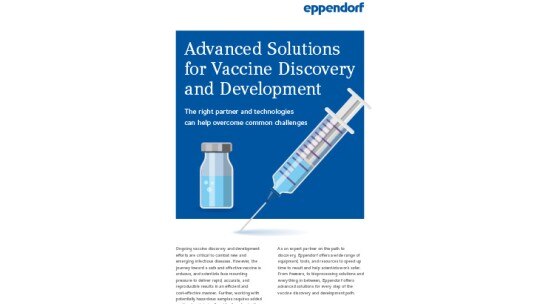
ebook: Challenges in upstream bioprocessing
Vaccine manufacturers are facing the challenge of developing new products to serve unmet needs and fulfill the demands in an economically viable way. Read expert views and case studies on some of the hot topics in vaccine bioprocess development.
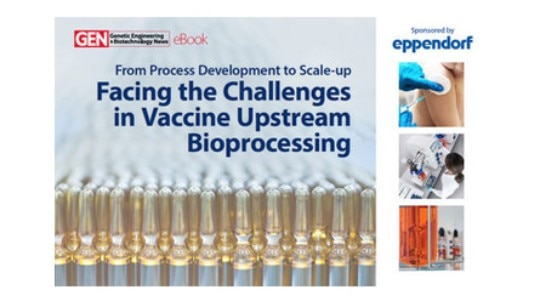
ebook: Cultivation of adherent and suspension cells
Discover application examples for the cultivation of adherent and suspension cells for vaccine development.
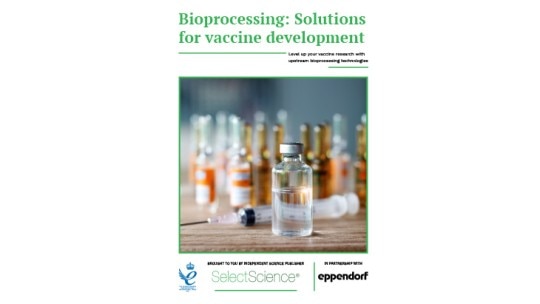
Panel discussion: Trends in vaccine development
Check out this video of experts discussing trends in vaccine development including automation.
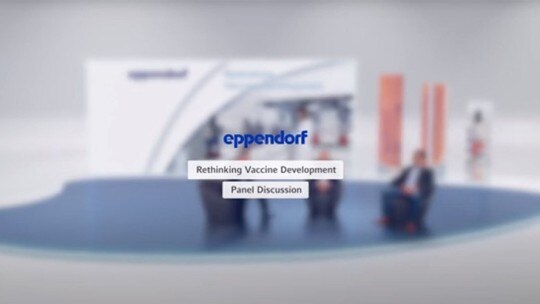
Webinar: Stirred tank bioreactors in vaccine development
The use of cell culture in bioreactors offers a standardized, scalable, and cost-effective procedure for developing vaccines. Learn, how suspension cells were efficiently cultivated in bioreactors to produce AAV particles and COVID-19 spike-proteins in suspension culture.

The value of bioreactors in vaccine development
Read more
Read less
Process development
Read more
Read less
Read more
Read less
Bioprocess scale-up
Read more
Read less
Read more
Read less
Process intensification
Read more
Read less
Read more
Read less
Eppendorf bioprocess solutions for vaccine development
Scalable systems
Read more
Read less
The Eppendorf range of bioreactor systems:
- Small-scale: DASbox® Mini Bioreactor System and DASGIP® Parallel Bioreactor Systems
- Bench-scale: SciVario® twin , BioFlo® 120 , BioFlo® 320
- Pilot/production-scale: BioFlo® 720 , BioFlo® 510 / CelliGen 510 , BioFlo® 610 , BioFlo® Pro
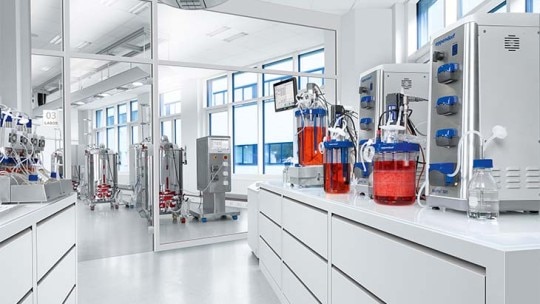
Single-use bioreactors
The use of single-use bioreactors increases turn-around, eliminates the need for bioreactor cleaning, and decreases the risk of cross-contamination. Eppendorf offers a large portfolio of single-use bioreactors for use in vaccine development. Regardless of the cells you employ to make vaccines, there are single-use bioreactors created specifically for your needs, for example:
- Microbial cells: BioBLU® f Single-Use Bioreactors (65 mL to 3.75 L)
- Cell Culture: BioBLU® c and p Single-Use Bioreactors (100 mL to 40 L)
- Cell Culture: BioFlo® 720 control station compatible with Thermo Scientific® HyPerforma® Single-Use Bioreactors (50 L to 2000 L)
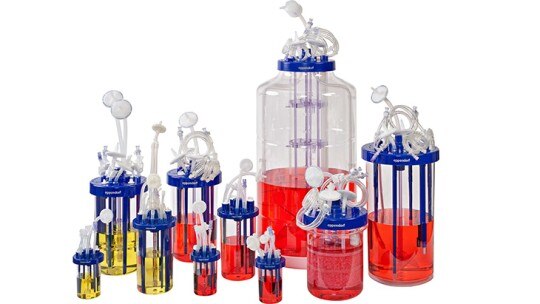
Cell culture in perfusion
Read more
Read less
- Bioreactor systems connectable to filtration devices for cell retention
- Bioreactor systems connectable to Cell-Lift impeller and decanter column
- Packed-bed bioreactors filled with Fibra-Cel® Disks
Read more
Read less
Cultivation of adherent cells
Some cell types used in vaccine development, including Vero cells, are anchorage-dependent cells requiring a growth matrix to adhere to in order to be cultivated in stirred-tank bioreactors. There are two main approaches to ensure these cell types are retained correctly:
- Microcarriers: beads in suspension to which adherent cells can attach and grow in bioreactors
- Packed-bed bioreactors: bioreactors with a fixed bed of Fibra-Cel® Disks on which the cells are immobilized
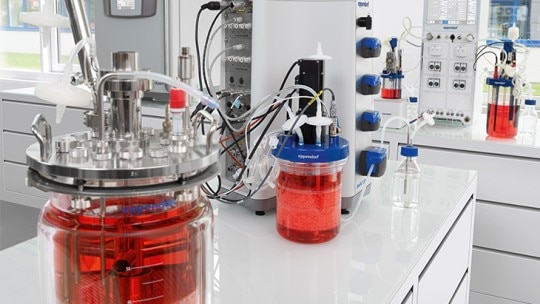
Read more
Read less
Read more
Read less
How our customers use our products
Read more
Read less


